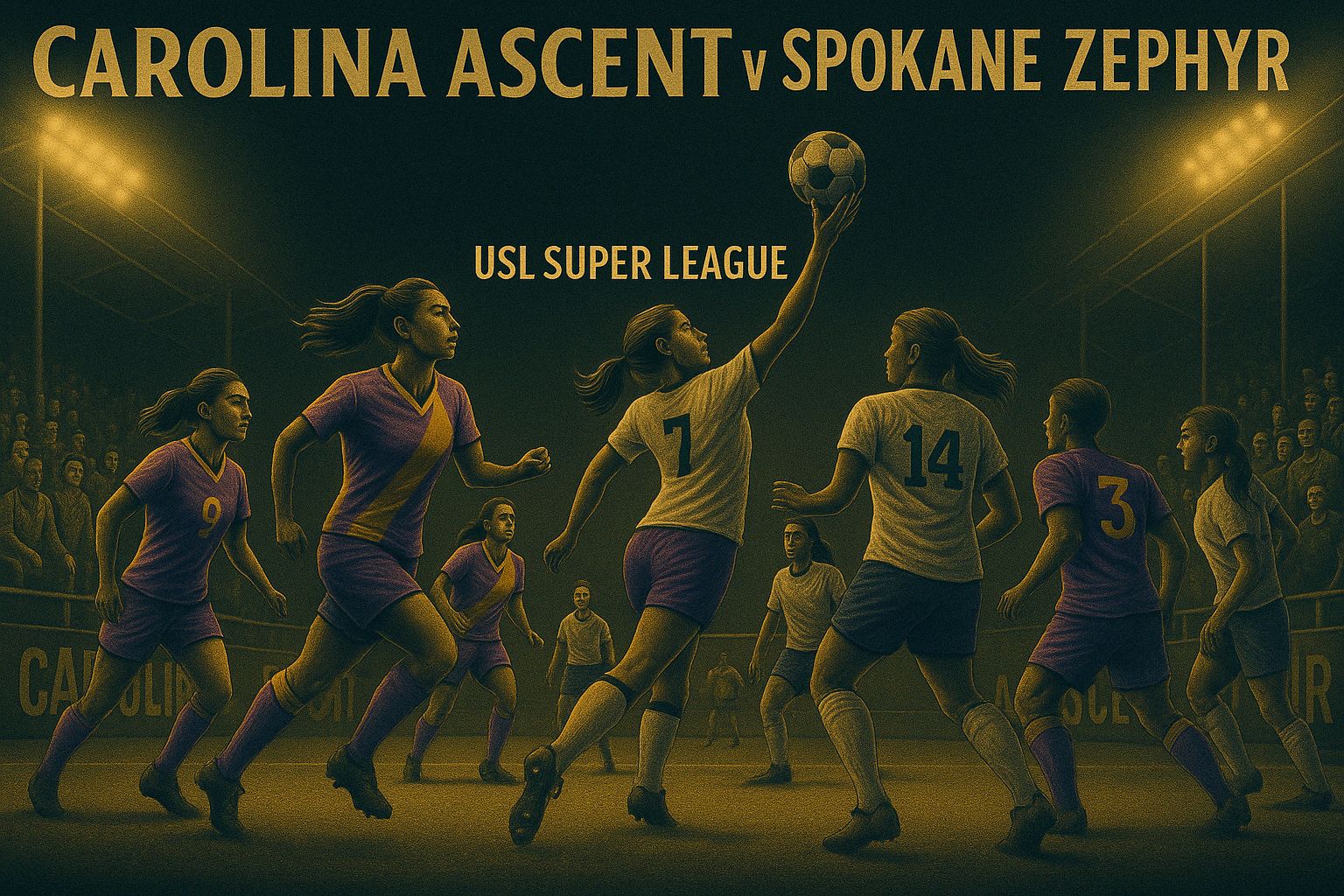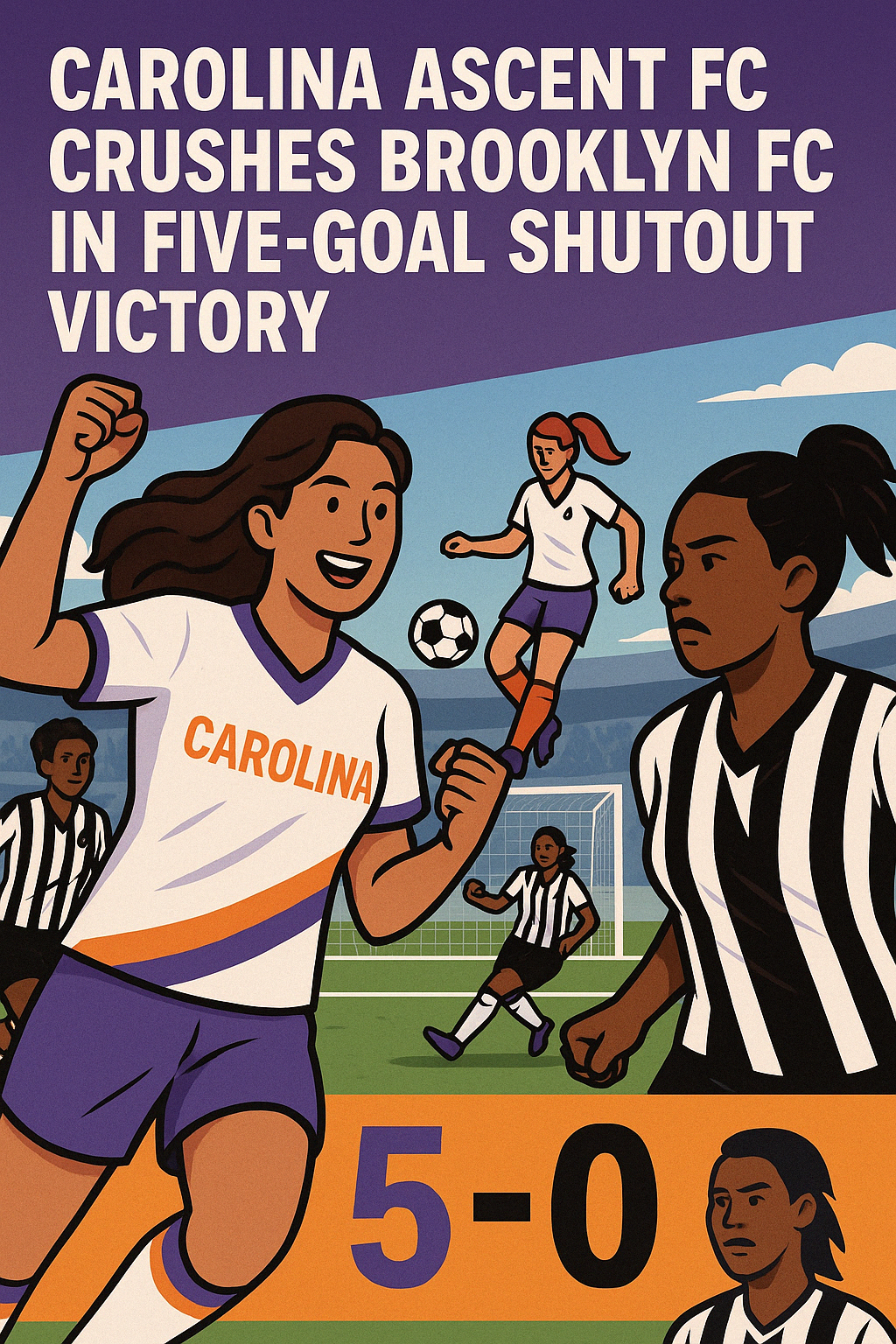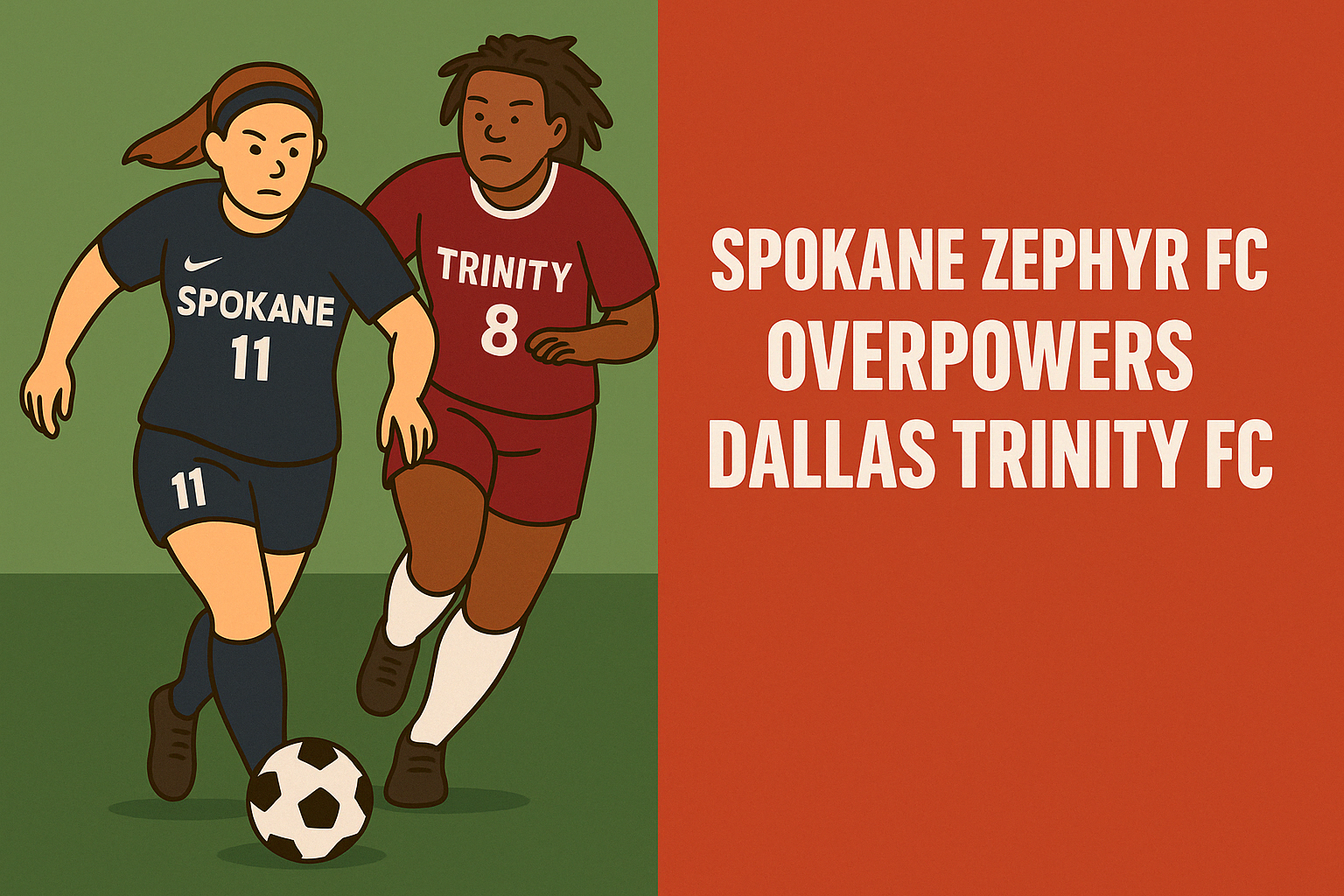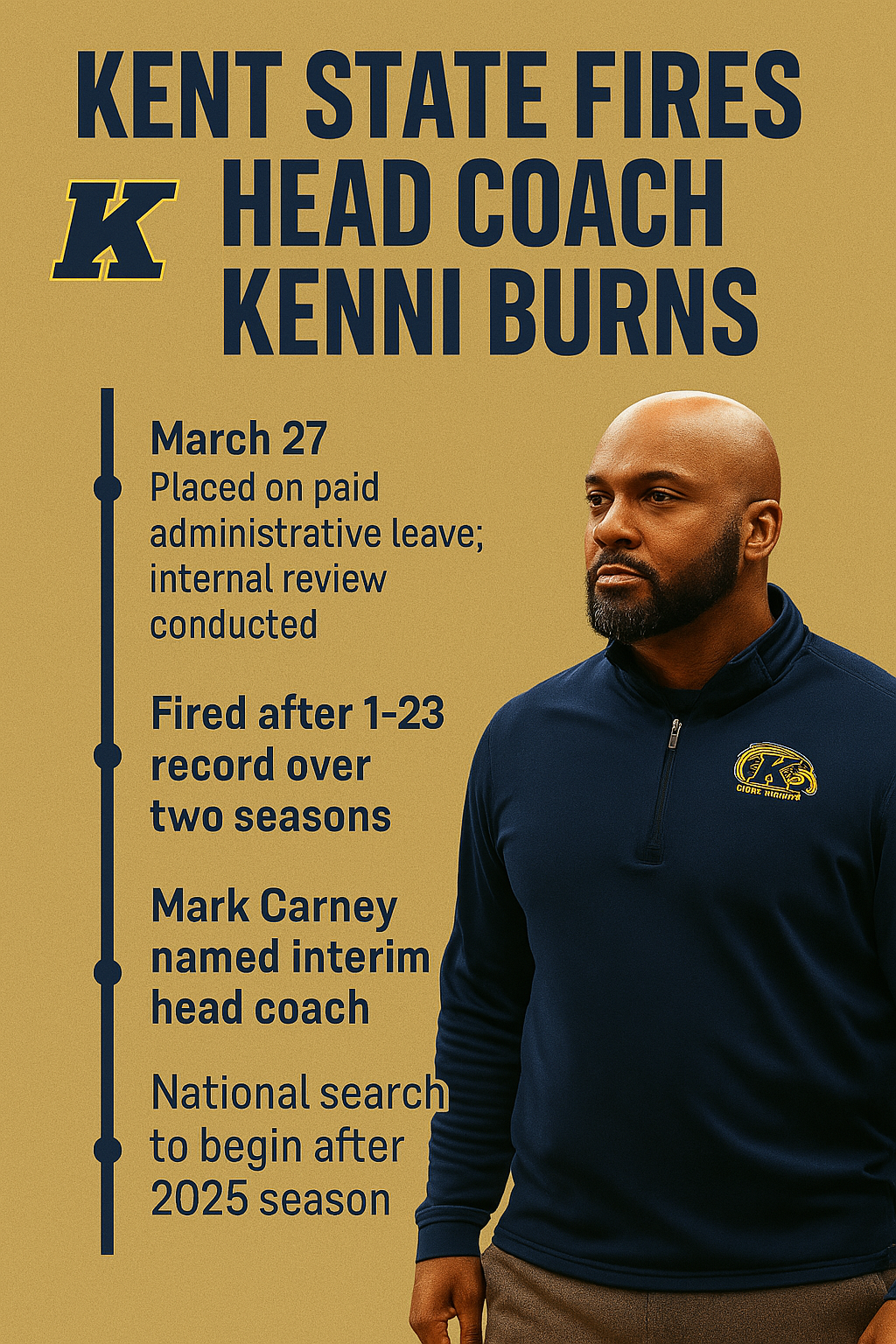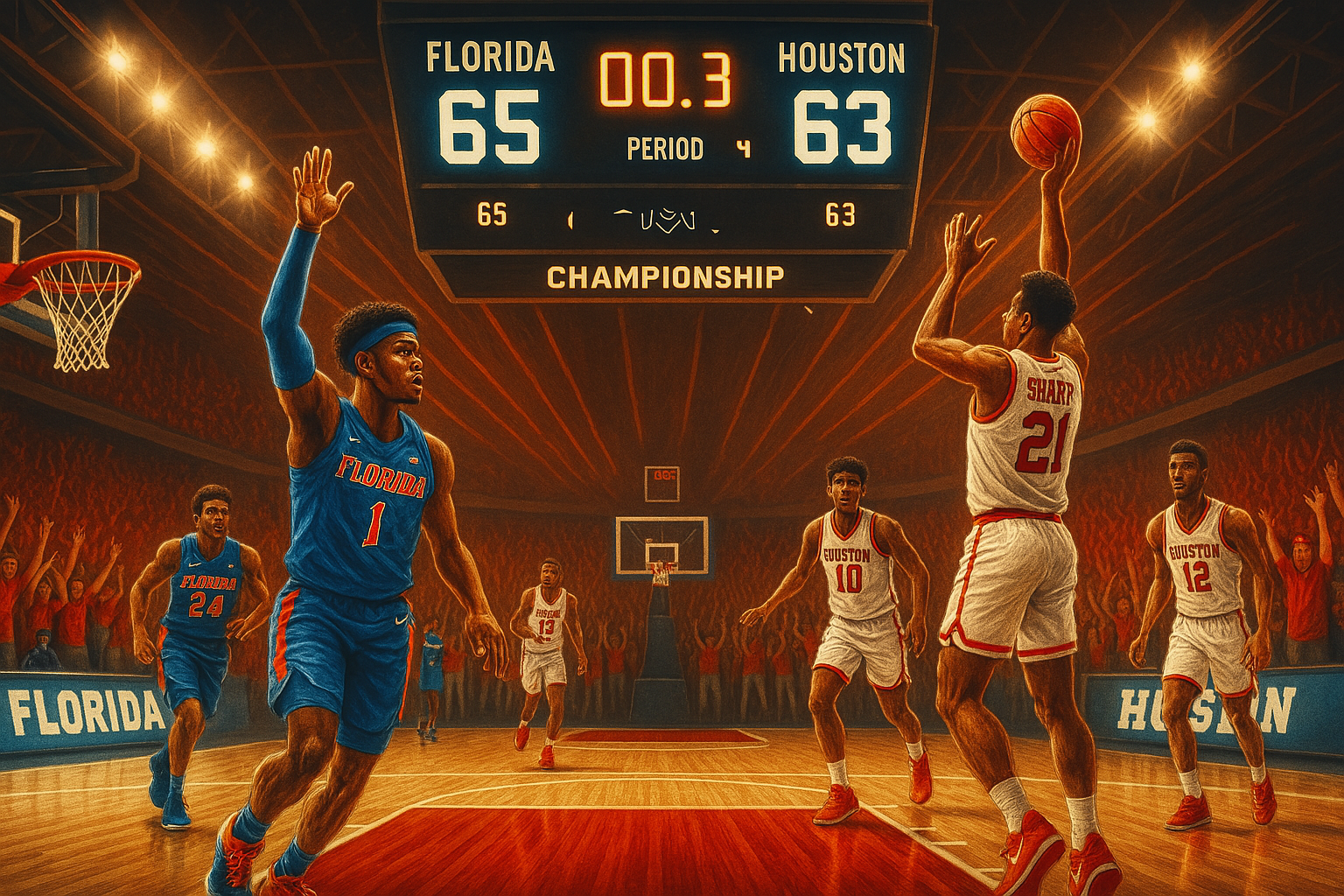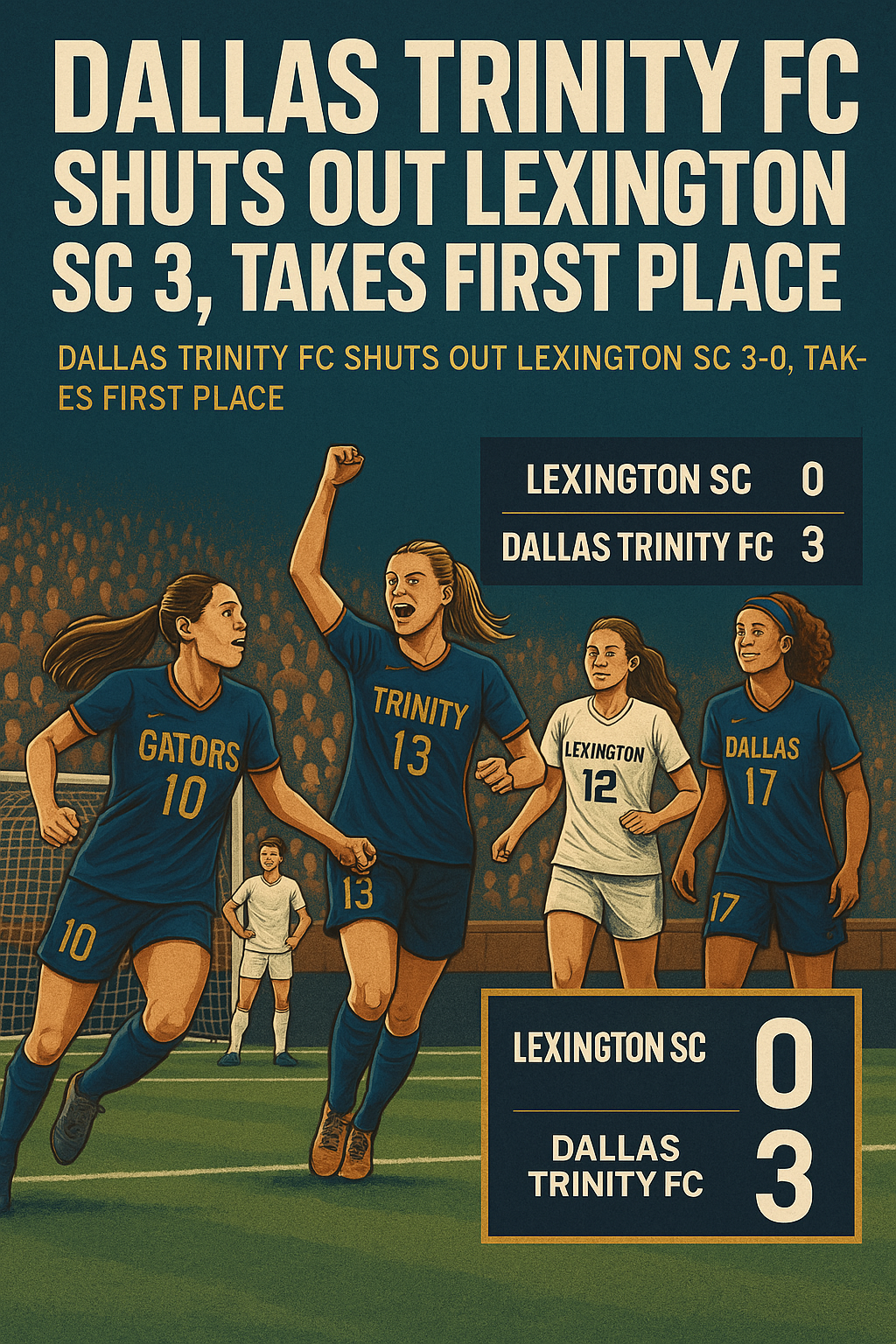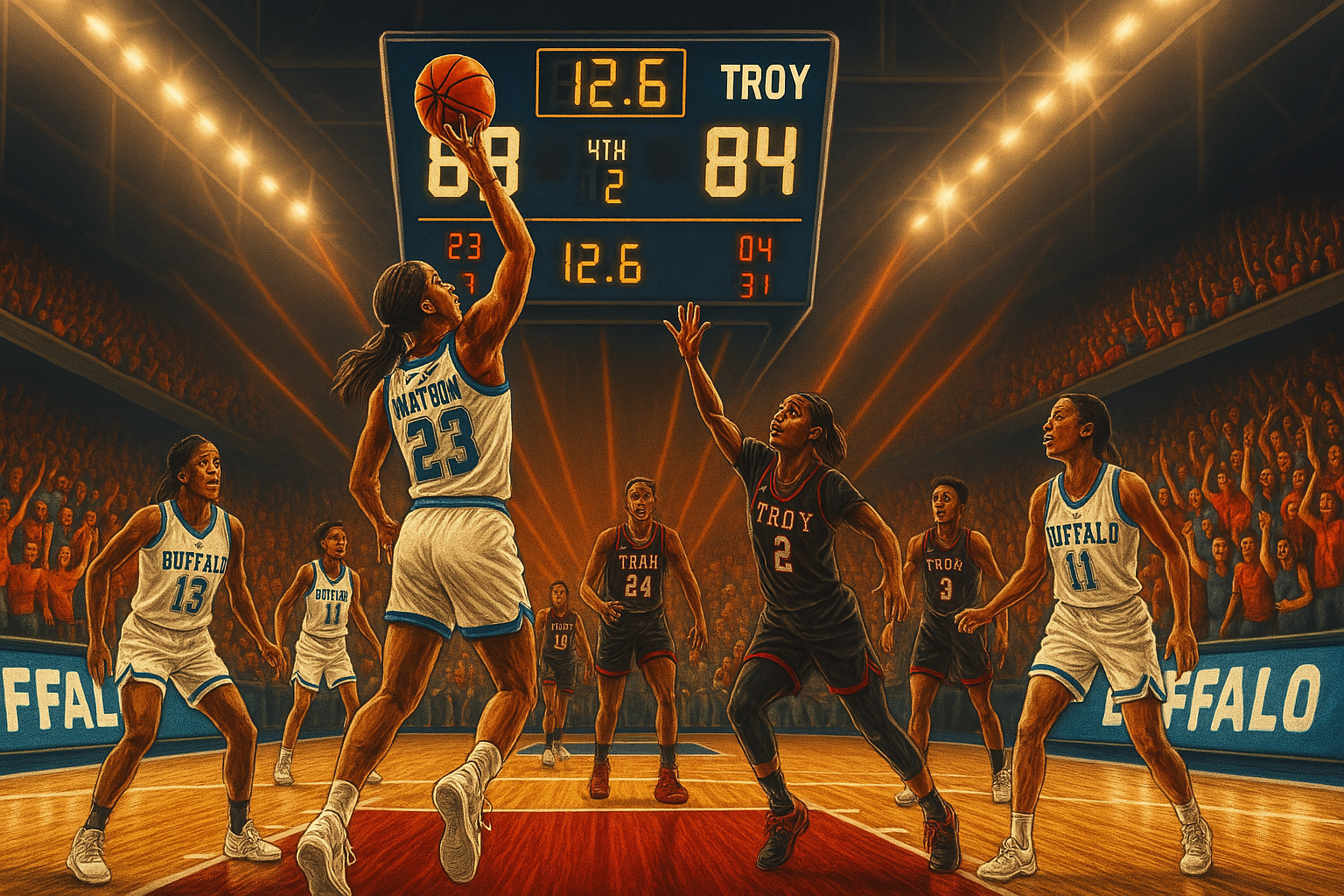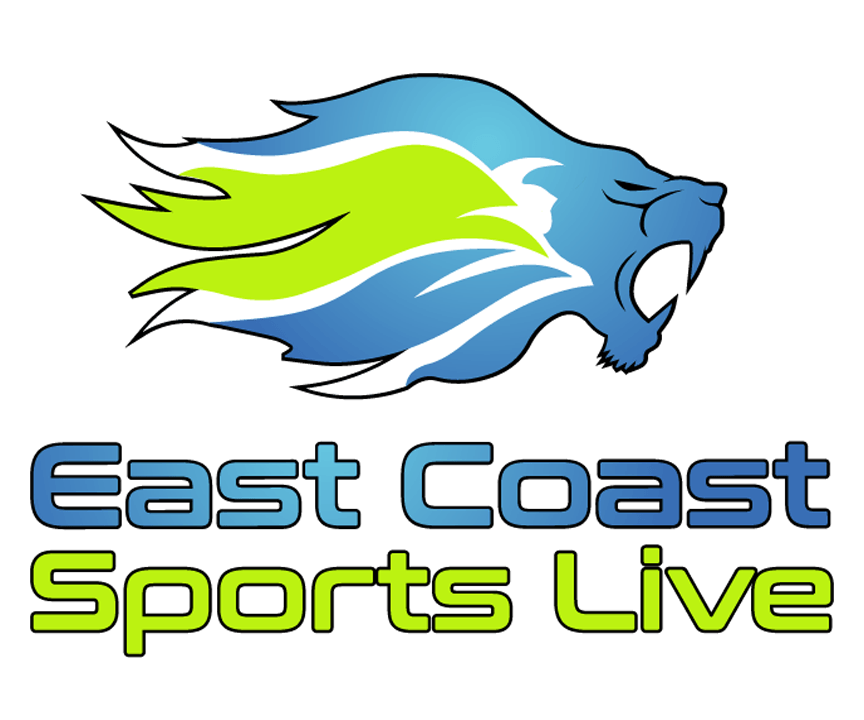USC Football Program Placed on Probation for NCAA Violations; Riley Avoids Suspension
The University of Southern California (USC) football program has been placed on probation for one year following NCAA findings of multiple coaching violations that occurred between 2022 and 2023. The NCAA also imposed a $50,000 fine on USC, while head coach Lincoln Riley avoided suspension due to rule changes that occurred in early 2023. This decision comes after a thorough investigation into unauthorized coaching activities within the Trojans’ football program.
Details of the NCAA Violations
The NCAA's investigation into USC's football program revealed that eight analysts engaged in coaching duties that exceeded the permissible number of countable coaches, violating NCAA regulations. This issue spanned two academic years, affecting USC’s practices during the spring and fall of 2022, as well as the spring of 2023. Analysts are restricted to providing support and strategy but are not permitted to take on roles equivalent to on-field coaches.
The NCAA’s report specifically notes that USC exceeded its coaching staff count by six individuals, which led to both on- and off-field rule violations. As part of its investigation, the NCAA found that the analysts were well-informed about their limitations regarding coaching duties but exhibited lapses in judgment, particularly in the context of off-field interactions with players. While head coach Riley was responsible for oversight, the NCAA cited his efforts in promoting an atmosphere of compliance, which influenced the decision against suspension.
The Role of Lincoln Riley and Changes in NCAA Regulations
Although Riley was found to have violated the “head coach responsibility” rule, the NCAA ruled against suspension due to legislative changes that went into effect in January 2023. Before this rule update, the head coach's responsibility was considered a “rebuttable presumption.” However, following the change, the responsibility became an “automatic attachment,” making it more challenging for head coaches to dissociate from violations occurring under their staff.
Because some of the infractions occurred before these new rules were in place, Riley successfully demonstrated that he was neither directly involved in nor fully responsible for the analysts' actions. Riley also provided evidence of compliance promotion and active monitoring, which further contributed to the NCAA’s decision to avoid suspension.
The NCAA’s stance on responsibility emphasizes the growing expectation for head coaches to be actively involved in compliance and oversight. Riley’s case highlights the importance of documented efforts to educate and monitor staff, as these actions proved essential in his ability to avoid harsher penalties. Moving forward, this incident is likely to influence how head coaches across the NCAA manage their teams and ensure adherence to compliance standards.
Penalties and Corrective Actions
In addition to the $50,000 fine, USC agreed to several penalties, including probation and restrictions on staff activities. These penalties, outlined in the NCAA’s official report, are designed to address the program’s overuse of analysts and to reinforce strict adherence to coaching regulations. The penalties for USC include one year of probation during which the football program must closely adhere to all NCAA compliance measures. Restrictions were also imposed on the analysts involved, who are now barred from participating in practice and film review for six consecutive days across four weeks in the upcoming season. Additionally, the special teams analyst faces similar restrictions for a two-week period. To address time violations, USC self-imposed a 24-hour reduction in athletically related activities for the 2023-24 season as a proactive corrective measure after discovering the violations.
The self-imposed restrictions reflect USC’s commitment to proactively addressing the violations while working to rebuild trust with the NCAA. These corrective actions also demonstrate USC’s intent to prevent future violations by holding staff accountable and providing them with clear guidelines on permissible duties. The program's ability to respond proactively may have contributed to the NCAA’s decision to issue probation instead of imposing more severe penalties.
Compliance Measures and Program Adjustments
USC’s compliance department has responded by implementing new oversight protocols designed to prevent similar violations. Educational programs are now required for all coaching and support staff, ensuring they fully understand the limits of their roles and responsibilities under NCAA regulations. In addition to regular audits and stricter controls on staff activities, the compliance office will work more closely with Riley and his team to ensure each member adheres to the revised standards.
These changes represent a significant adjustment in how USC’s football program will operate moving forward. The new compliance measures aim not only to adhere to NCAA guidelines but also to create a culture of transparency and accountability. By reinforcing the importance of regulatory compliance, USC hopes to avoid future infractions that could lead to more serious consequences, especially given their recent entry into the Big Ten Conference.
USC’s Season and Program Impact
The sanctions arrive in a challenging season for USC, which has faced both on-field struggles and off-field scrutiny. In their first year in the Big Ten Conference, the Trojans currently stand at a 4-5 overall record and 2-4 in conference play. Riley, who was initially celebrated for bringing success to the program in 2022, has faced increasing pressure as the team’s performance has wavered. Despite this, USC has emphasized its commitment to upholding NCAA standards and maintaining integrity within its athletic programs.
The probation adds to the pressure on the USC football program, particularly as the team competes in the highly competitive Big Ten Conference.
4o
